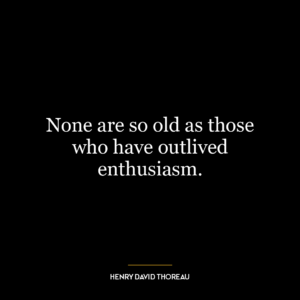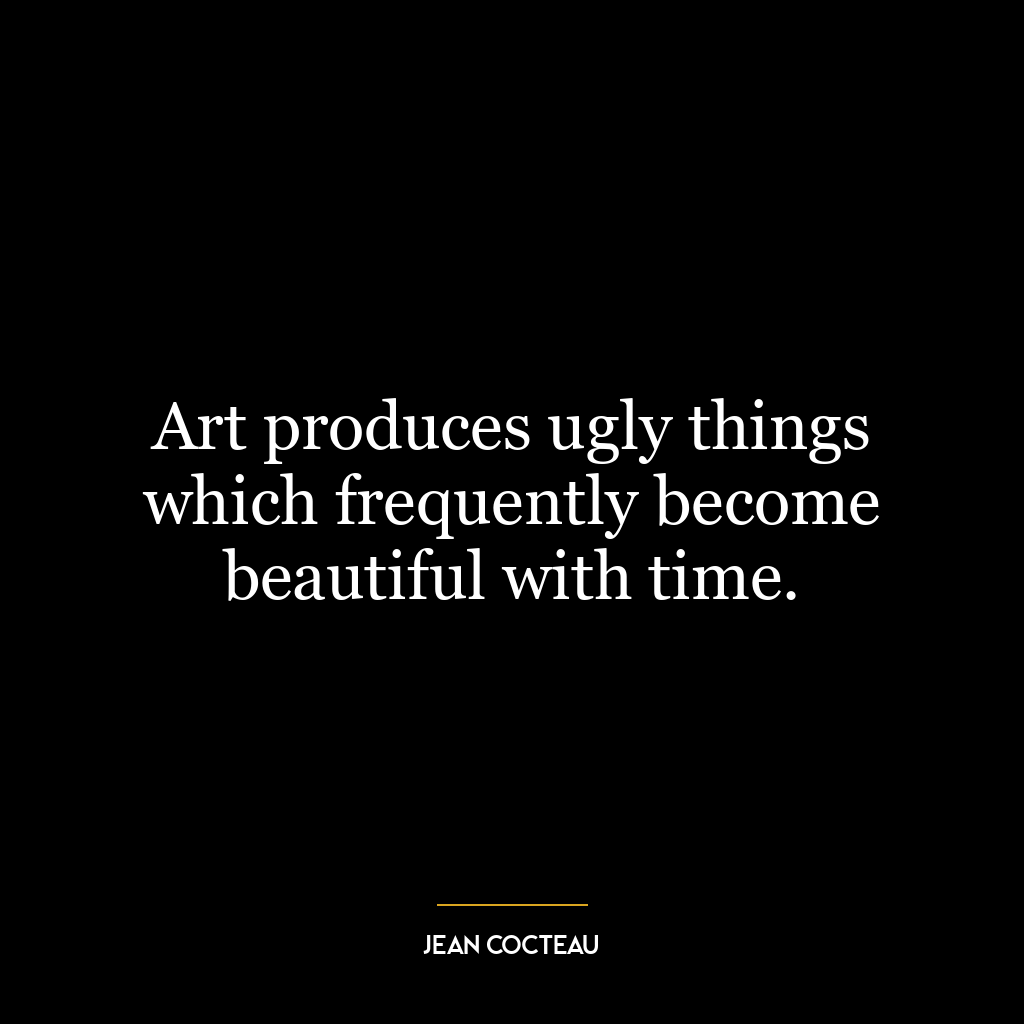The dry grasses are not dead for me. A beautiful form has as much life at one season as another." This quote speaks to the idea of perceiving beauty and value in all stages of life, not just in the moments of full bloom or peak vitality. It’s a reminder that there is a certain elegance and worthiness in every phase of existence, whether it’s a blade of grass in the height of summer or a field of dry grasses in the midst of winter.
The "dry grasses" can be seen as a metaphor for things or phases that seem to lack vitality or vibrancy. However, the speaker asserts that these are not "dead" for them, implying that they can still see life and beauty in these seemingly barren states. The second sentence reinforces this idea, suggesting that a "beautiful form" – whether it’s a landscape, a work of art, or even a life – maintains its beauty regardless of the season it is in.
Applying this idea to personal development, it emphasizes the importance of appreciating and finding value in every stage of our personal journeys. Just as there is beauty in both the lush green grass of summer and the dry, seemingly lifeless grass of winter, there is worth in every phase of our personal and professional growth. The times when we feel "dry" or "barren" – when we’re struggling, feeling stuck, or not seeing the progress we’d like – are not devoid of value. They’re an integral part of our journey, and there’s a certain beauty and strength in navigating through them.
In today’s fast-paced world, where success is often equated with constant growth and productivity, this quote serves as a reminder to slow down and appreciate the present moment, regardless of where we are in our journey. It encourages us to see the beauty in all stages of life and growth, and not just in the peaks. It’s a call to cultivate a more holistic and patient perspective on life and personal development, one that values resilience, endurance, and the wisdom that comes with experiencing all of life’s seasons.









